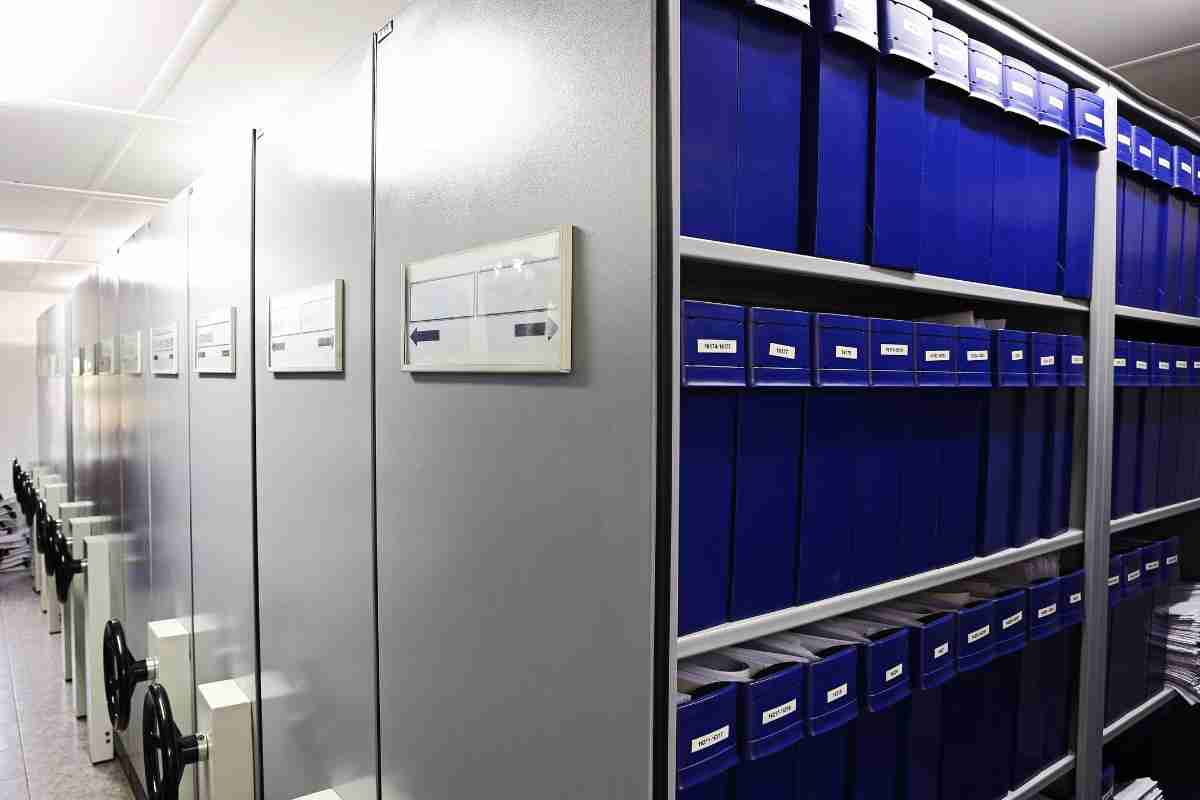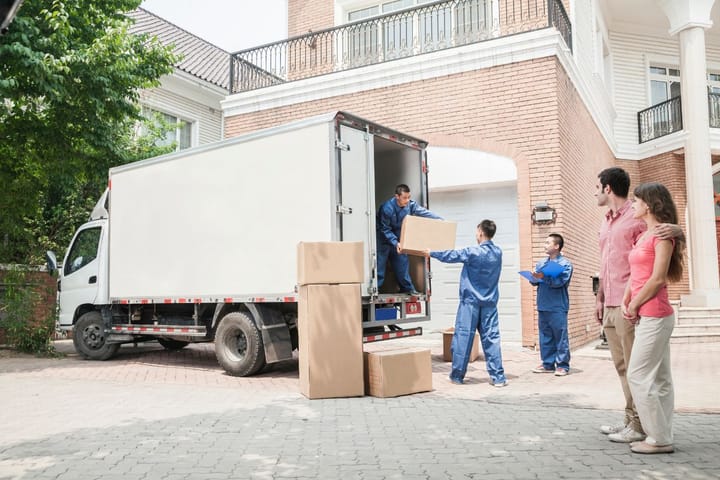The Best Way to Store Important Documents So They’re Always Protected
Protect vital documents like birth certificates and deeds with a secure storage solution, like a safety deposit box, to guard against loss, damage, or theft.

From birth certificates and wills to property deeds and insurance policies, important documents form the backbone of our personal, legal and financial lives. Yet, many of us store these critical papers in drawers, filing cabinets, or unsecured boxes where they’re vulnerable to damage, theft or loss. To ensure they’re preserved for when you need them most, it’s worth considering a safety deposit box in Melbourne for ultimate security — a reliable solution that protects against fire, water damage, and unauthorised access.
Of course, storing your documents securely involves more than just choosing the right location. It also means knowing what to store, how to organise it, and when to access or update it.
Know Which Documents Need Long-Term Protection
Not every piece of paper needs to be locked away, but certain items are too valuable or difficult to replace to risk leaving unsecured. Consider placing the following in a secure, off-site location:
- Birth, marriage and death certificates
- Wills, powers of attorney, and advance care directives
- Property deeds and mortgage documents
- Insurance policies (life, home, contents)
- Academic and professional qualifications
- Business registration or trust documents
- Citizenship, immigration or visa paperwork
Originals of these documents are often needed for legal or financial purposes, and replacing them can be a time-consuming process.
Keep Backups and Digital Copies
While originals should be stored securely, it’s also a good idea to keep digital copies for convenience. Scanning your important documents and saving them in multiple places — such as an encrypted USB drive, external hard drive, and a secure cloud service — gives you quick access when needed without compromising the safety of the original.
When digitising, ensure:
- The scan is high-quality and legible
- Files are named clearly for easy searching
- Sensitive files are password-protected or encrypted
Regularly back up your digital storage to protect against technical failures or accidental deletions.
Organise for Easy Access
If you're storing documents at home or in a secure facility, organisation is key. Use clearly labelled folders or envelopes grouped by category (e.g., health, finance, property, identity) so you can locate what you need quickly.
For each document, consider keeping:
- A brief summary of its purpose
- The date it was last updated or reviewed
- Contact details of relevant parties (e.g. solicitor, insurer)
Make a master list of everything you've stored and where it’s located. Keep this list in a secure but accessible spot — and let a trusted family member or friend know where it is in case of emergency.
Protect Against Fire, Water and Theft
At-home storage options like fireproof safes can offer a level of protection, but they may not withstand extreme conditions or deter determined intruders. In comparison, professional safety deposit facilities are purpose-built to defend against fire, flood, and theft with 24/7 surveillance, alarm systems and restricted access.
This makes them particularly ideal for irreplaceable documents or those linked to significant legal, financial or personal matters.
Review and Update Regularly
Storing your documents safely is not a once-off task. Set a reminder once or twice a year to review your paperwork. Remove outdated policies, expired IDs, or irrelevant records, and ensure any recent changes — like a new will or home loan agreement — are added to your archive.
Also, take the time to update your digital backups and your inventory list. If your storage method or location changes, be sure to inform relevant family members or legal representatives.
Taking control of how you store your most important documents isn’t just about staying organised — it’s about being prepared. With a few simple steps, you can ensure your information is secure, accessible and protected for years to come.




Comments ()